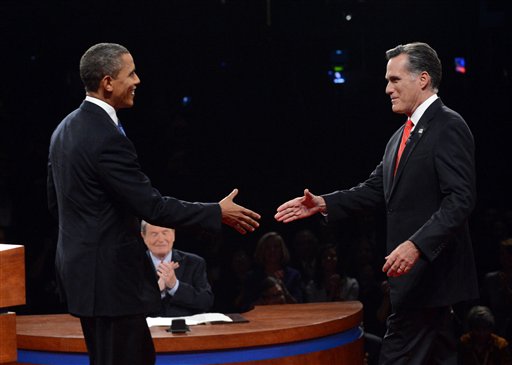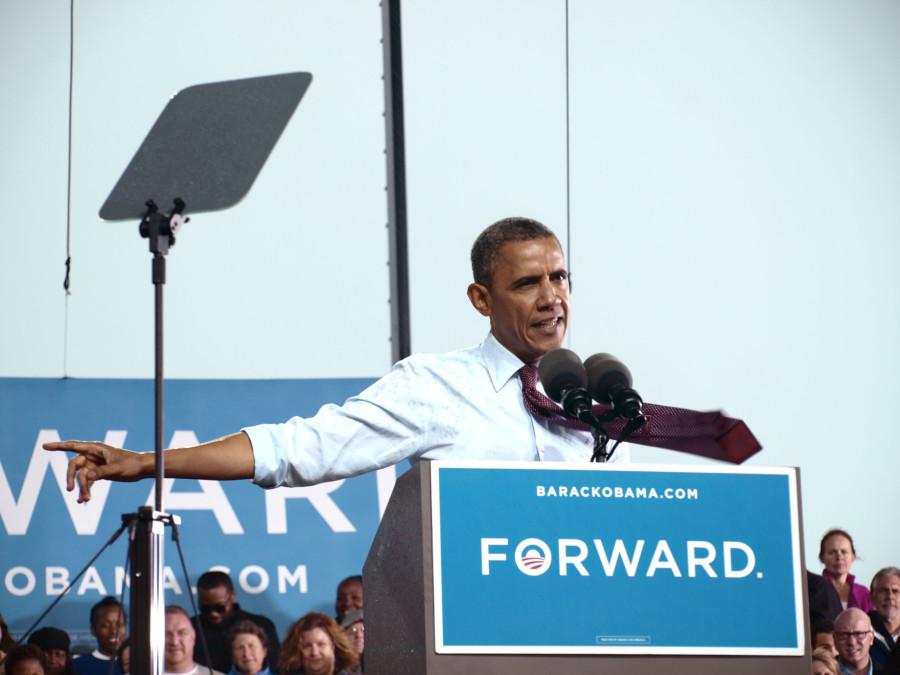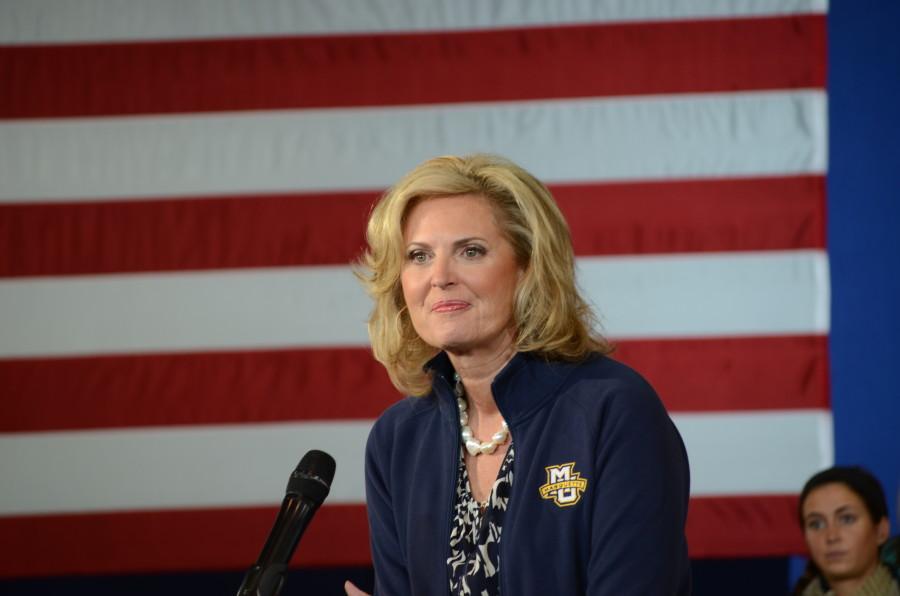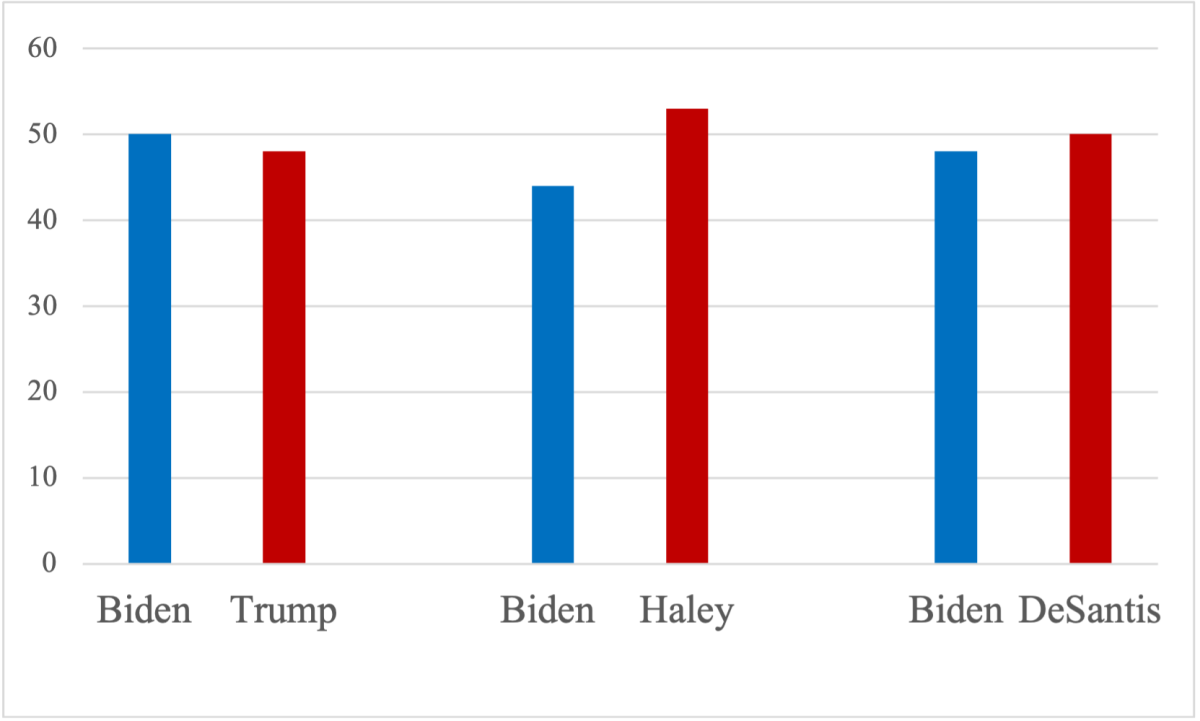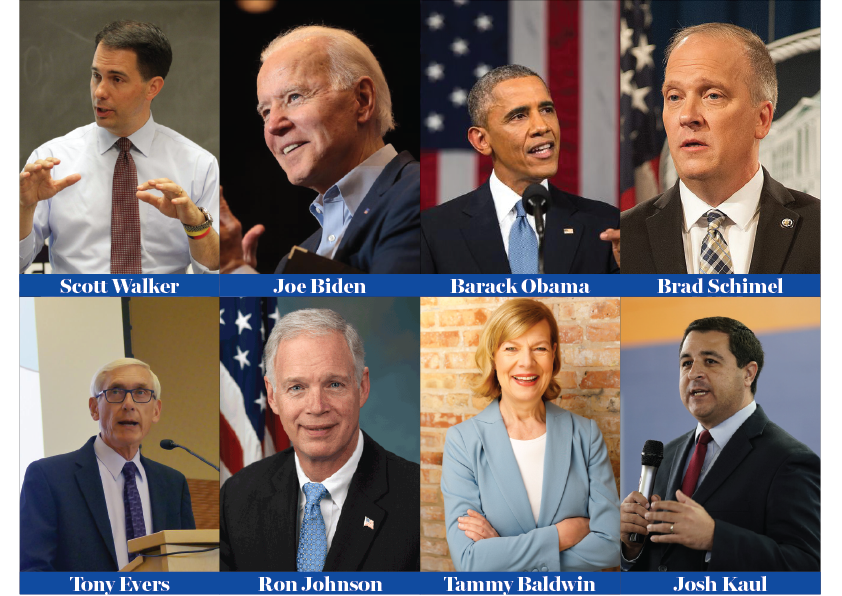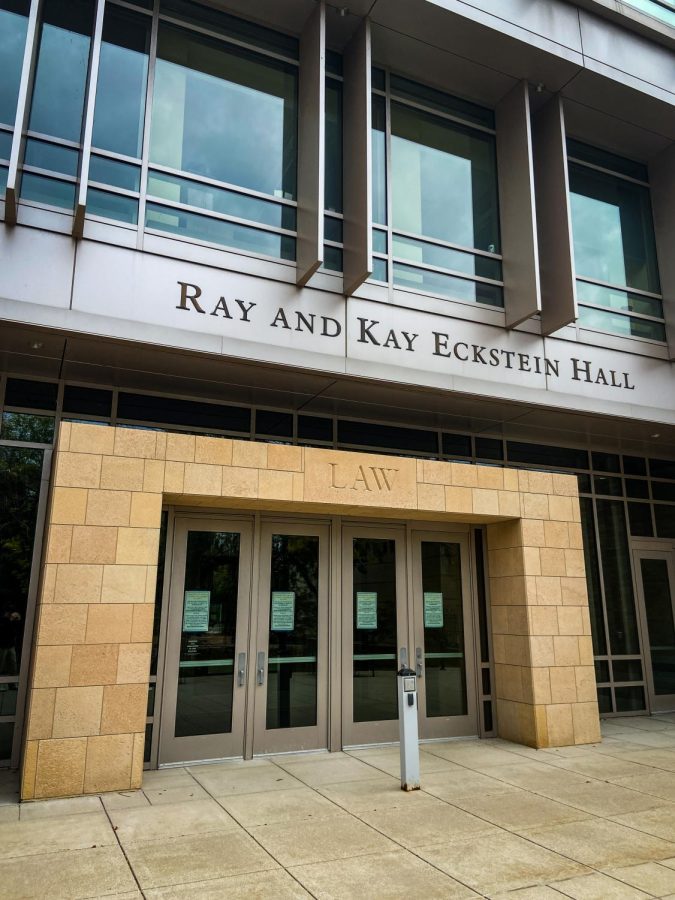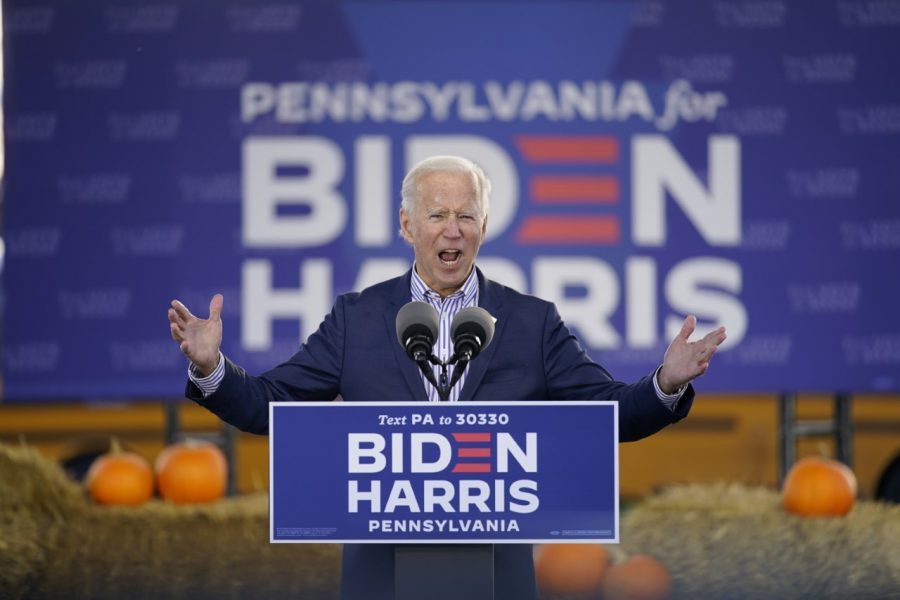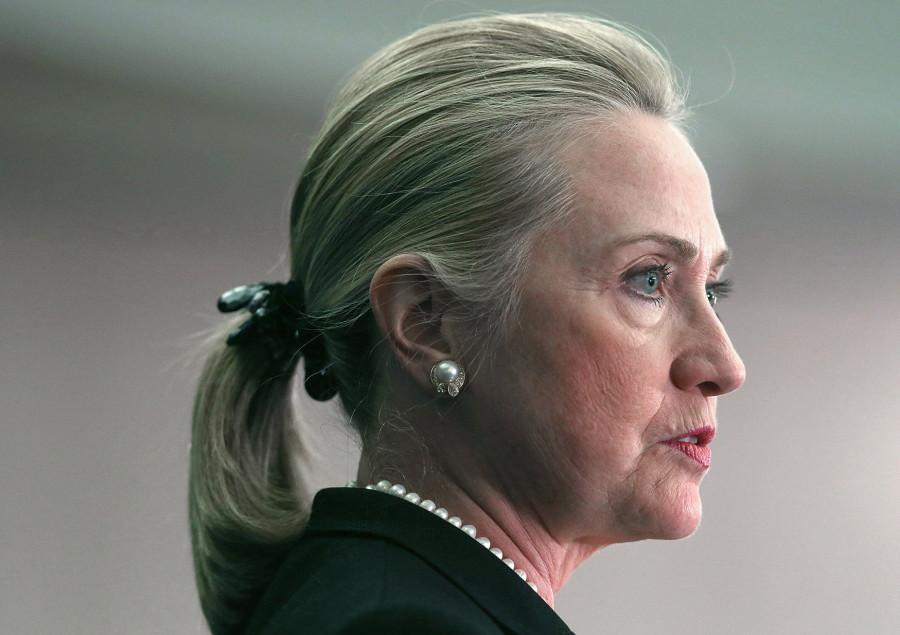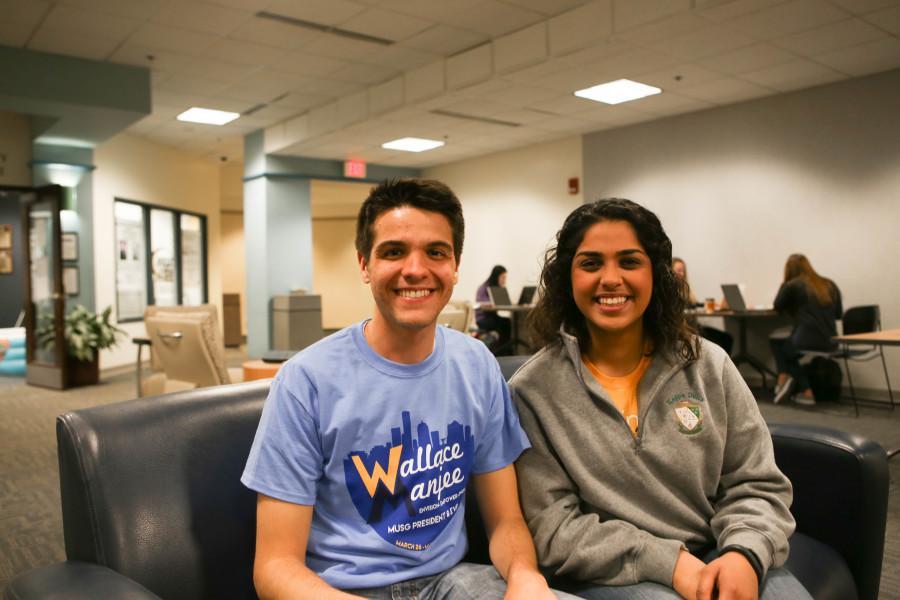
Marquette Law School was brought into the national spotlight this election season in a growing effort by the university to highlight and discuss public policy matters by providing extensive information of public views in Wisconsin through its statewide political poll.
Dean of the Law School Joseph Kearney said that while “most pollsters report the data once and move on to the next poll, we will ask the news media, ‘What else would you like to know?’ And we will answer it for them based on the data.”
Much of the attention Marquette received from releasing the law poll, went to how it was conducted and how its samples were gathered.
Assistant professor of political science Amber Wichowsky was a contributor to the law poll, writing questions that appeared on the survey and integrating it into her research studies as well as the curriculums of her classes.
“I was able to talk to students about how you write poll questions, some ways that could lead to biased results and how difficult it is, or how you avoid bias or trying to lead respondents a certain way,” Wichowsky said. “It’s a bit of an art form, too. We got to talk a little bit about the science of polling, we talked a lot about sampling, and we were able to use the law poll as a good example of some basic statistical concepts that are used in political science, as well as the art form of how you write survey questions and the difficulties you could confront.”
Wichowsky is also using data from the law poll to research the question “How much partisan cheerleading is there, and to what extent are voters responsive to real world economic conditions?” She believes the law poll data will be helpful to her studies and that it provided a unique opportunity for her and her students.
On Oct. 31, before the release of the last pre-election poll, the law poll’s director Charles Franklin, a visiting professor of law and public policy, was a guest on “On the Issues” with Mike Gousha, where he delivered the last of the extensive poll results, which predicted that President Barack Obama would win the state by eight points and Rep. Tammy Baldwin would win the Senate seat by four points. Obama ended up winning by 6.5 points and Baldwin by 5.4.
In September, Franklin talked to The Capital Times about the law poll, citing the difficulty in finding participants willing to do surveys.
“Drawing (an) actual random sample itself is science,” Franklin said. “We know how to do that. Getting people to agree to do a survey, or even to pick up the phone, is not easy, and it’s not science. Younger people are harder to get on the phone in the first place and to recruit to do the survey. For older people with landlines, it’s much easier.”
Wichowsky said she does not know what the future holds for the poll, though there is a possibility of it returning in two years for the 2014 midterm elections.


